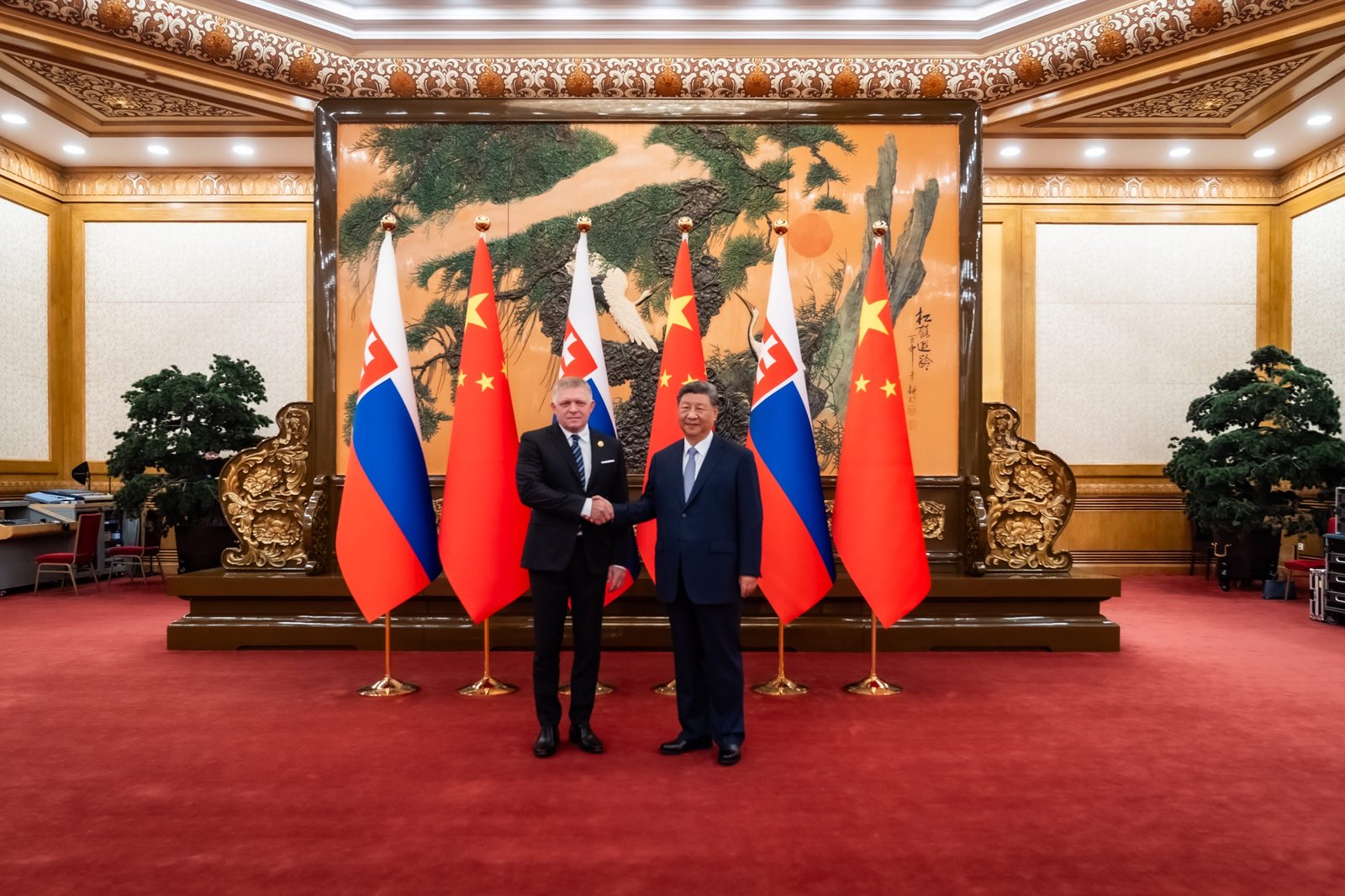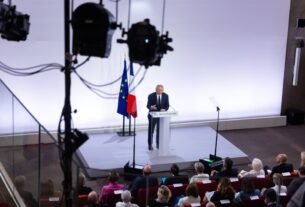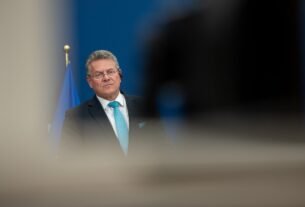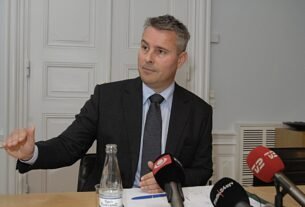Slovakia moved closer to China on raw materials on Thursday as Prime Minister Robert Fico announced Beijing would grant licences for rare earth exports, clashing with the EU’s push to reduce dependence on China.
After meeting Chinese President Xi Jinping on Thursday, Fico said that “Slovak-Chinese relations are becoming ever closer” and highlighted further investment prospects, building on the €1.2 billion Gotion High-Tech project to construct a battery plant in Slovakia.
In a video message that followed the meeting, he added that “President Xi promised Slovakia assistance with issuing licenses for the export of Chinese rare earths and minerals to Slovakia, which are essential for the functioning of our industry.”
China dominates the global production of critical raw materials used in batteries, solar panels, and wind turbines, controlling more than half the supply of metals such as lithium, cobalt, and manganese.
However, increasing reliance on Beijing contradicts EU policy, which aims to reduce imports of raw materials from China. The EU warns that such reliance on the country is risky, since any political clash could disrupt vital supply chains.
The Critical Raw Materials Act, in force since May 2024, sets out goals for the bloc to cover 10% of demand from domestic mining, 40% from processing and 25% from recycling by 2030, while ensuring no more than 65% of any strategic raw material comes from a single third country.
In line with the EU framework, Slovakia in June adopted a national programme for exploring domestic critical raw materials and is now drafting an action plan for 2026 -2030.
Fico’s approach mirrors that of his ally, Hungarian Prime Minister Viktor Orbán, the EU leader who is most openly courting Chinese investment and hosting Confucius Institutes – projects viewed with scepticism across much of the bloc.
In April, the US urged Hungary to exercise caution regarding its ties with China, warning they could strain the otherwise close relationship between Orbán and US President Donald Trump.
(de)





